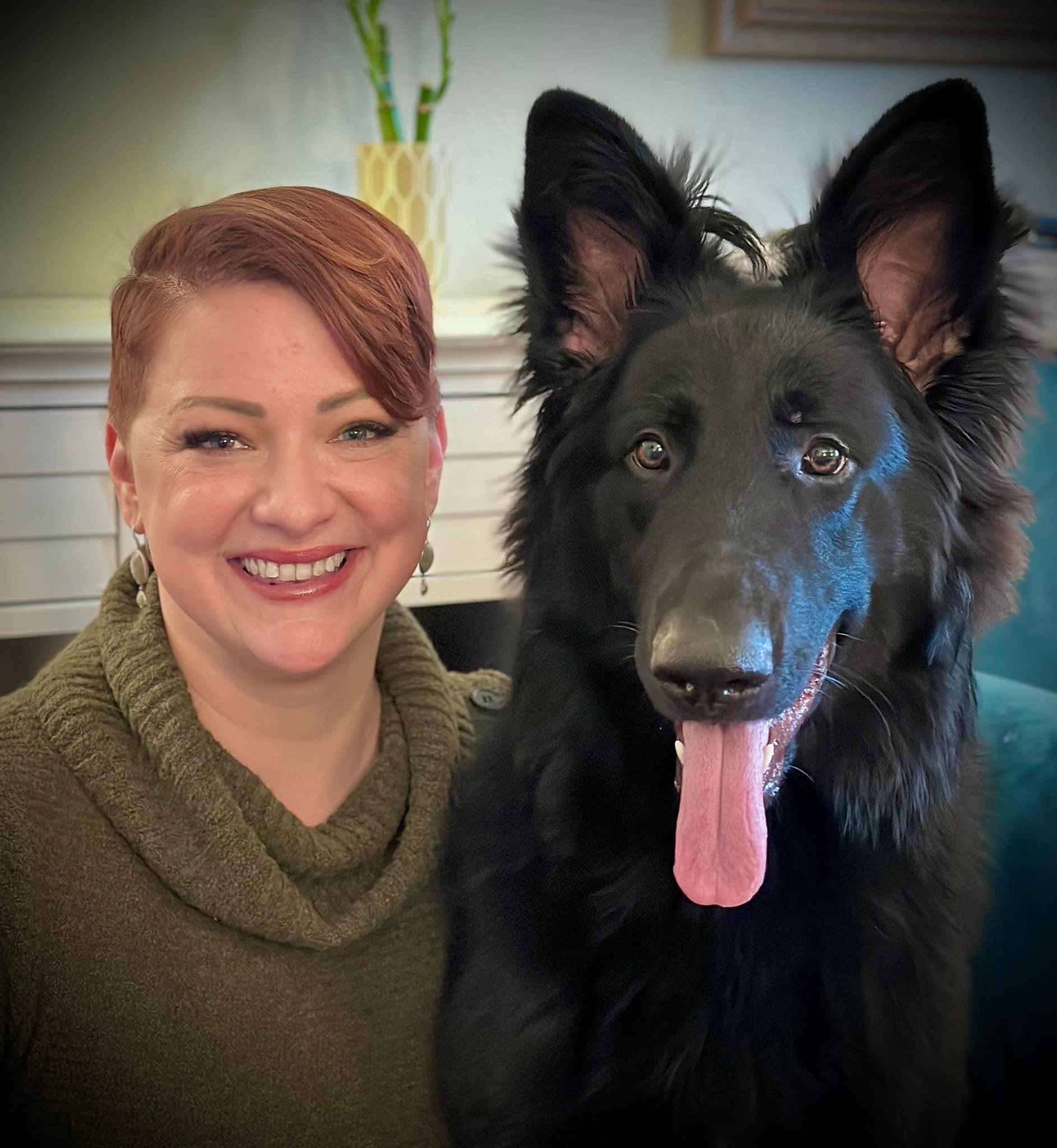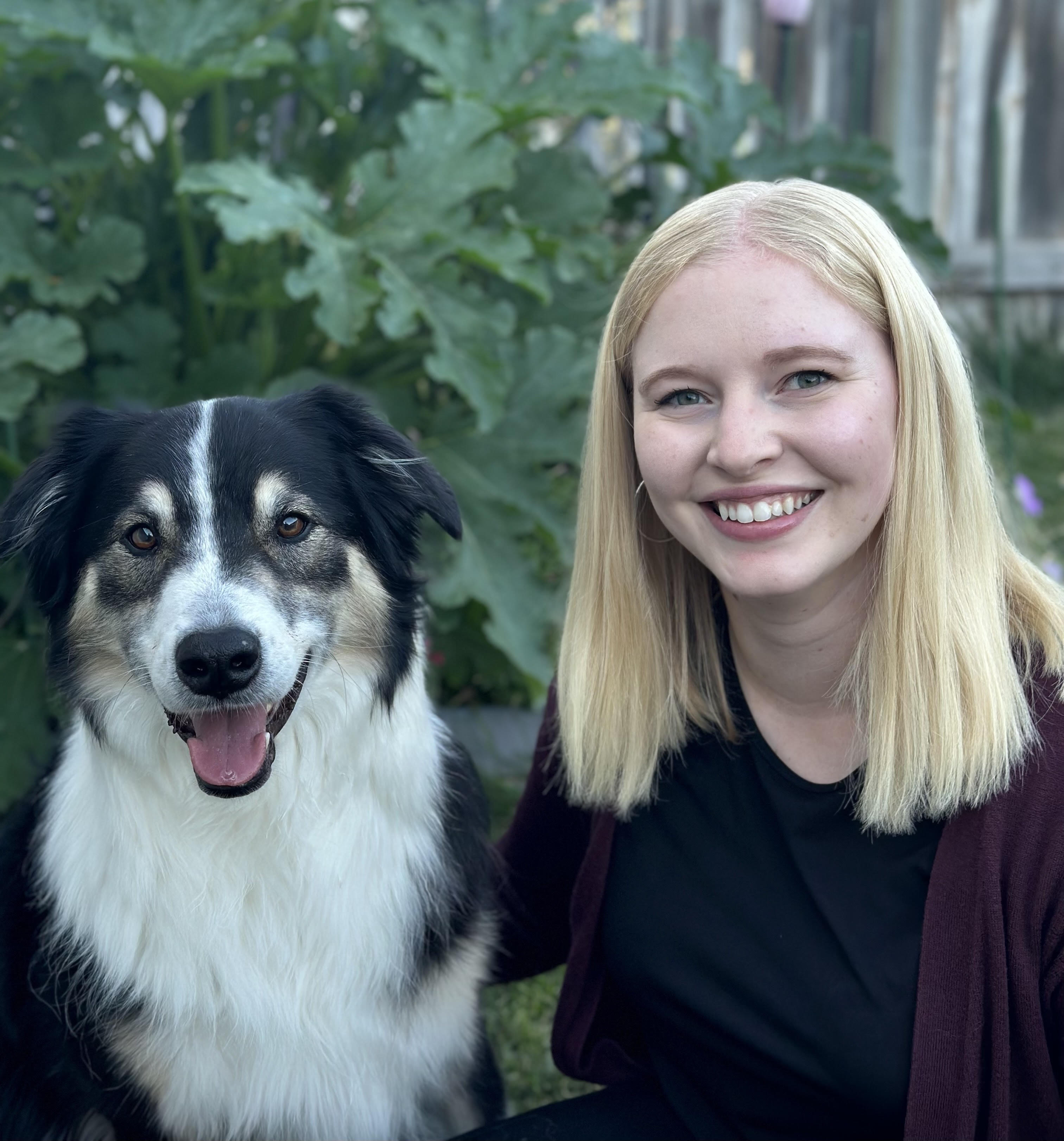Research on Anthrozoological Relationships (ROAR) Lab
The Research on Anthrozoological Relationships (ROAR) Lab, housed within the Idaho State University Department of Counseling, is a collaborative team broadly focused on the topic of Anthrozoology. Anthrozoology is the multidisciplinary study of interactions and relationships between human and nonhuman animals that spans the humanities and the social, behavioral, and biomedical sciences. The mission of ROAR Lab includes producing and disseminating high-quality scholarly works, creating and implementing clinical and academic programs, advocating for ethical best practices and evidence-based standards, building community partnerships, and policymaking relevant to the human-animal bond in wellness. Further, founding director Dr. Leslie Stewart designed ROAR Lab to directly support and mentor scholarship in master’s students, doctoral students, and junior faculty. ROAR Lab meetings are hosted on a bi-weekly basis and strike a balance between scholarly productivity and fostering collegial social support among members. All interested students and faculty are invited to participate.
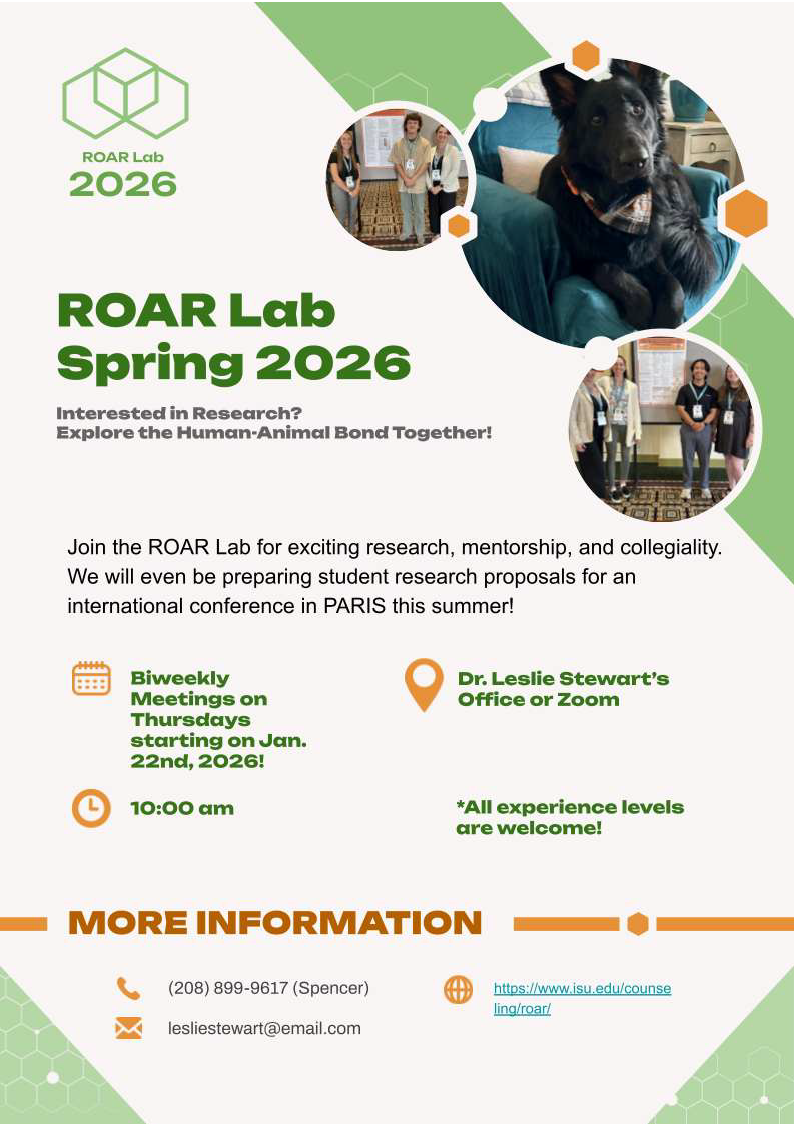
In addition to designing and implementing qualitative, quantitative, and mixed methods investigations, annual ROAR Lab tasks include mentoring masters and doctoral level students in the development of their own research projects. Student directed projects have been a regular presence at the International Society for Anthrozoology (ISAZ) Conferences and resulted in publications in a variety of peer-reviewed journal publications within the field of anthrozoology and beyond. Interested students also develop conceptual and/or empirical projects for presentation at counseling-specific conferences such as the Idaho Counseling Association Conference, the American Counseling Association conference, and the Association for Counselor Education and Supervision conference. Students are encouraged to submit their conference presentation projects for publication in ACA family journals. Currently active ROAR Lab clinical/academic programs include the implementation of the Relationships and Resilience at the Zoo program in partnership with Zoo Idaho. This experiential humane education program is offered as an elective course for ISU counseling graduate students, an honors seminar for the ISU undergraduate honors program, and as a relational growth and learning group for the greater community of Pocatello, Idaho. Interested ROAR members are directly involved with the facilitation of the Relationships and Resilience at the Zoo program, offering valuable applied and supervised experience in the therapeutic application of the human-animal bond. 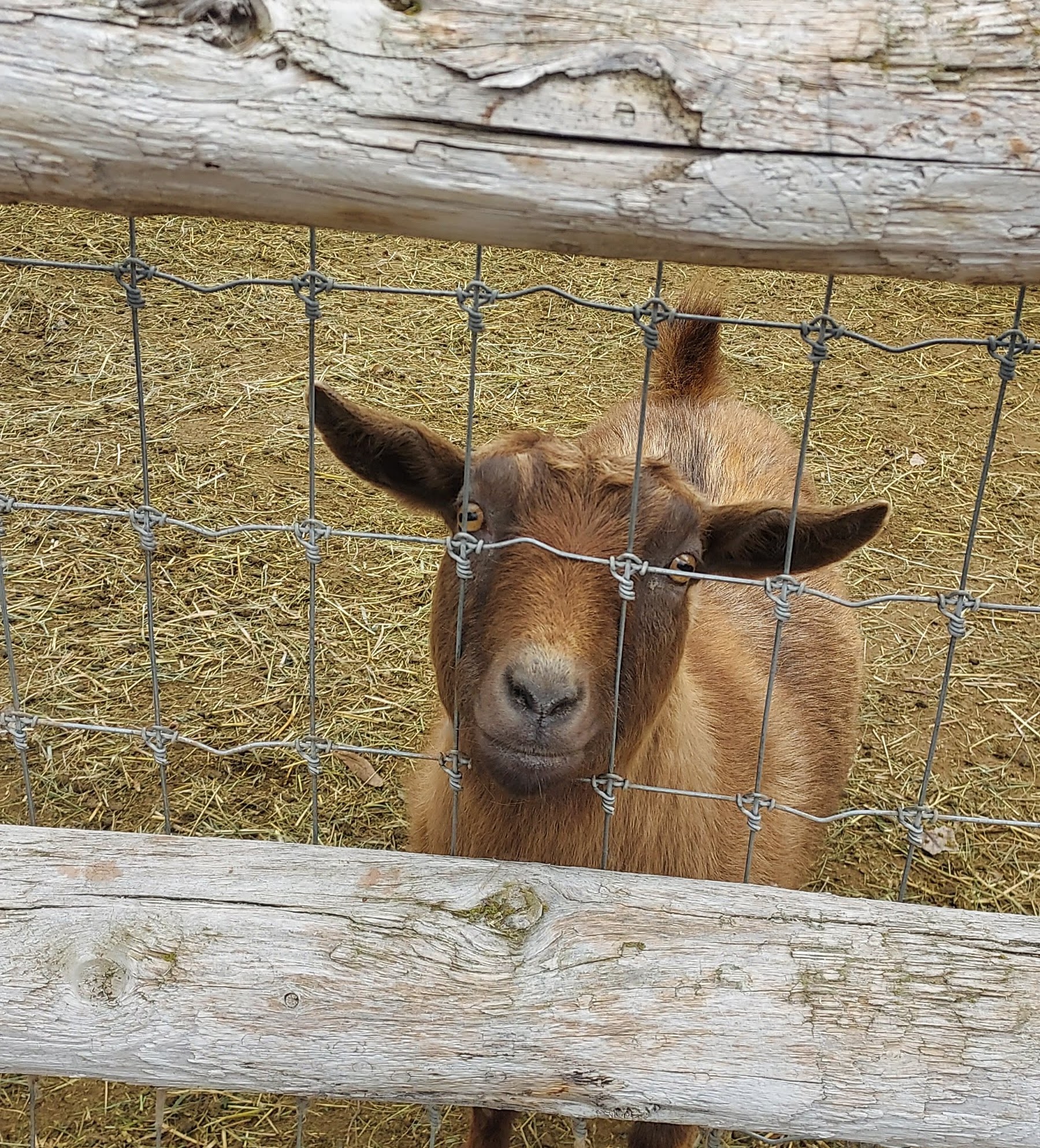
ROAR Lab operates from the OneWelfare Model - a holistic, empirically supported approach which aims to improve human wellbeing by addressing the interdependent links between human, animal, and environmental welfare. Current literature supports the use of the OneWelfare model as the framework for promoting healthy relationships and motivating healthy behaviors as well as reducing domestic violence and violent crime at the individual and community level. As such, we promote positive human-animal-environmental interactions, holistic husbandry, and reward-based, humane training methods for both people and animals.
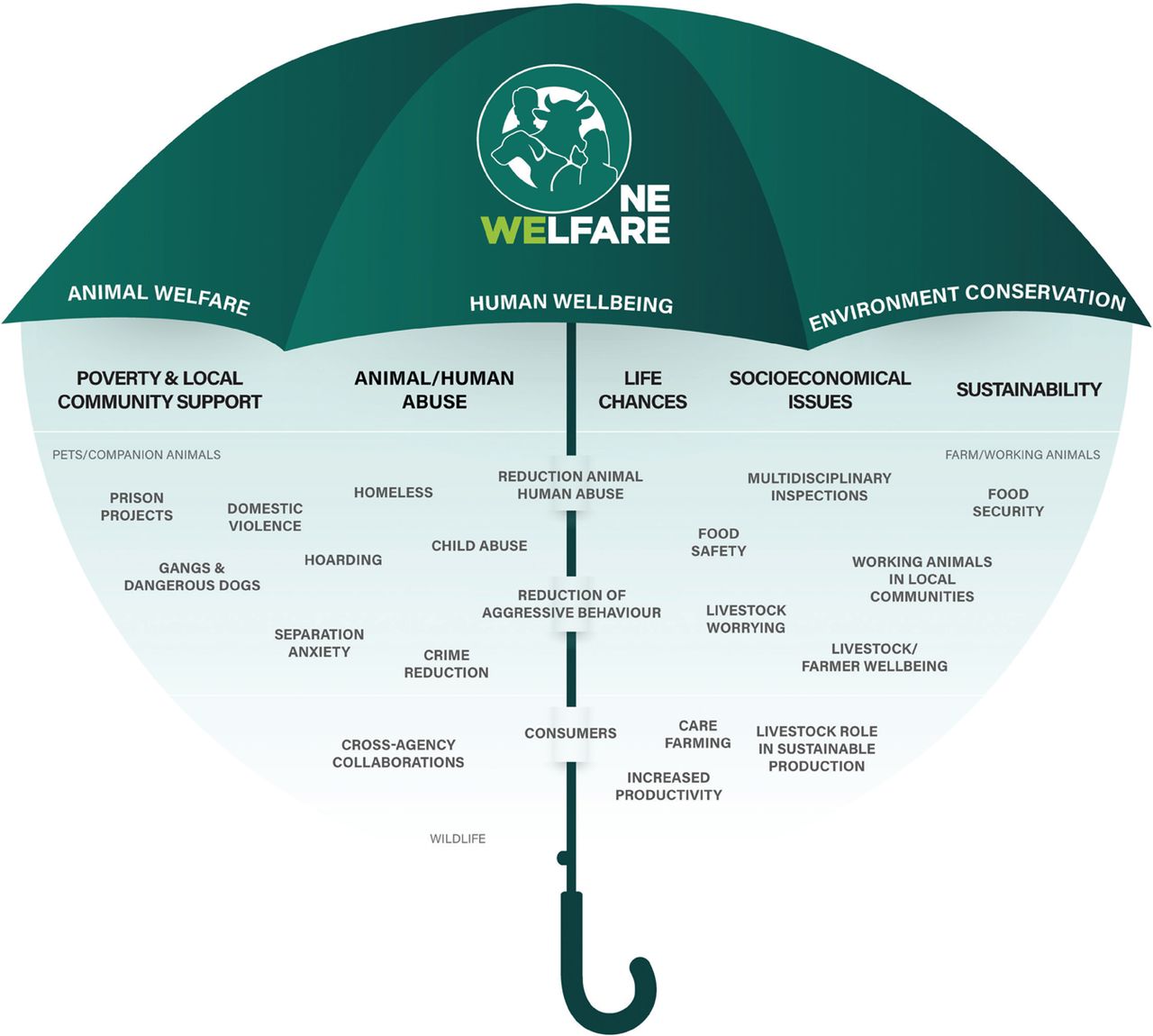
All ROAR Lab projects and initiatives are developed and delivered in alignment with the ACA endorsed Animal-Assisted Counseling Competencies and the APA Human-Animal Interactions Ethical Competency Standards, as well as standards of practice from Animal-Assisted Services International (AASI), the Association for Animal Assisted Interventions Professionals (AAAIP), and the International Association of Human-Animal Interaction Organizations (IAHAIO).
Research Presentations
A Decade in the Making: Empirically Based Professional Competencies Development and Evolution.
Presented by Dr. Leslie Stewart & Dr. Shantelle Tjaden. February 20, 2026.
Animal Assisted Services International conference in Ft. Lauderdale, FL.
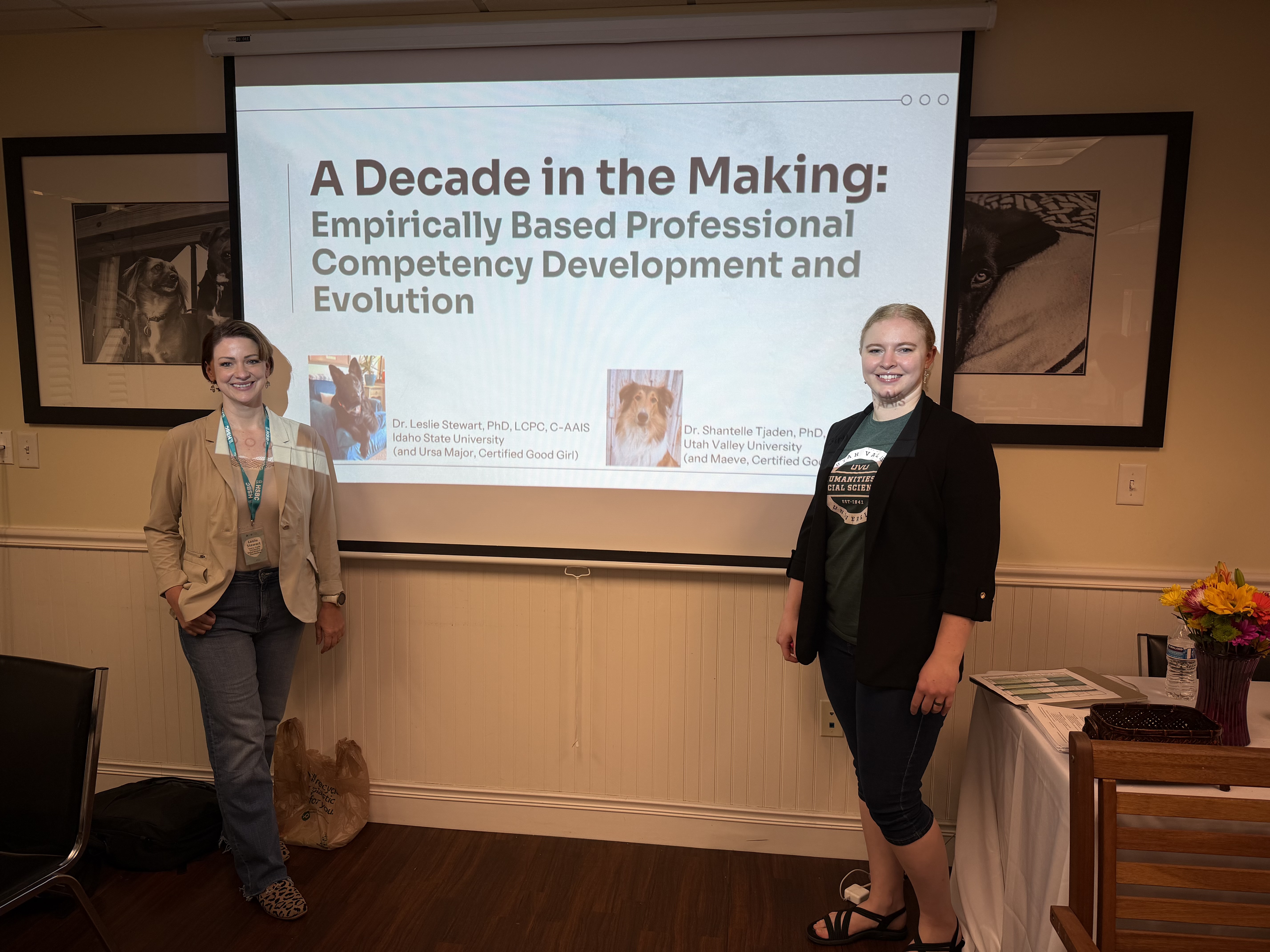
Student Directed Projects 2023-2025
Dancing with Donkeys: Building Community Partnerships to Create Innovative Opportunities for Counselors-in-Training: Interpretive Phenomenological Analysis.
Canine Therapy with Youth in Detention Centers: Mixed-Method Content Analysis.
Emotional Support Animal Policies in Higher Education: Mixed-Method Content Analysis.
Phenomenological Exploration of Meat-Eaters Who Believe in Animal Sentience: Interpretive Phenomenological Analysis.
Impact of Animal-Assisted Education on Counselors-in-Training Multicultural Competence, Self-Efficacy, and Empathy: Mixed Methods.
Integration of the Human-Animal Bond into Counselor Preparation: Practice-based project.
OneWelfare within Healthcare Professions: Practice-based project.
Animal Assisted Services with Indigenous Populations: Mixed-Methods Content Analysis.
Integrating Animal-Assisted Education into Counselor Training: Grounded Theory Method.
Experiences of Students in an Animal-Assisted Education Elective Course: An Interpretive Phenomenological Analysis.
Essential Components of Animal-Assisted Therapy Training Experiences: Q-Method.

